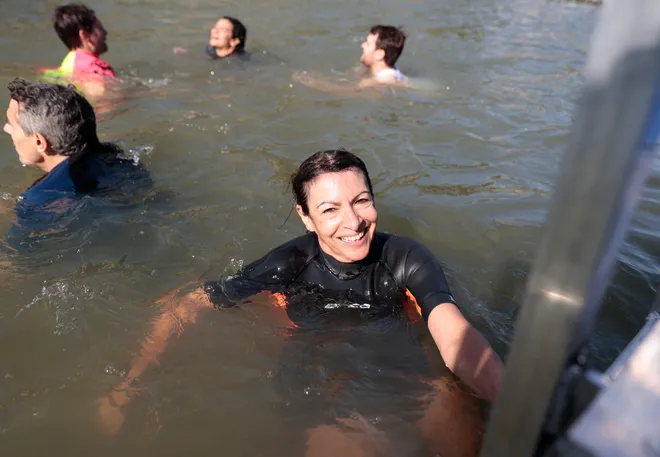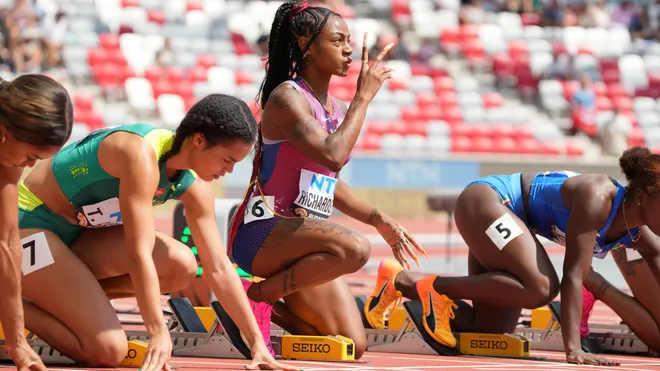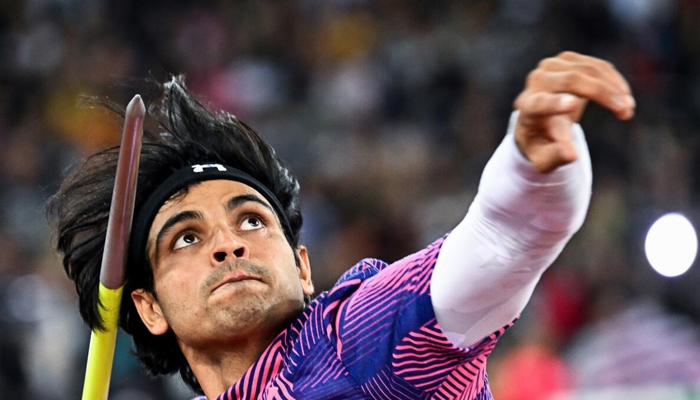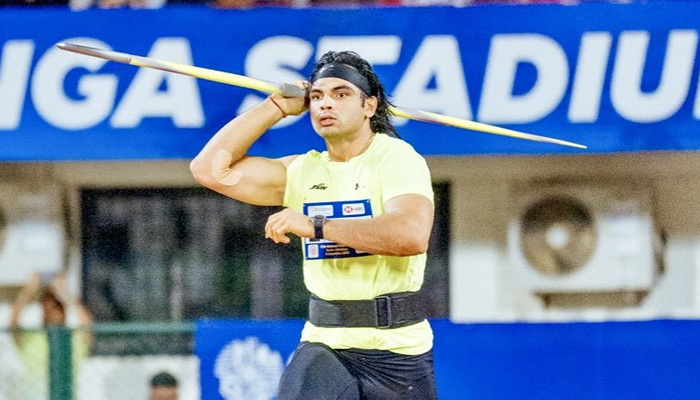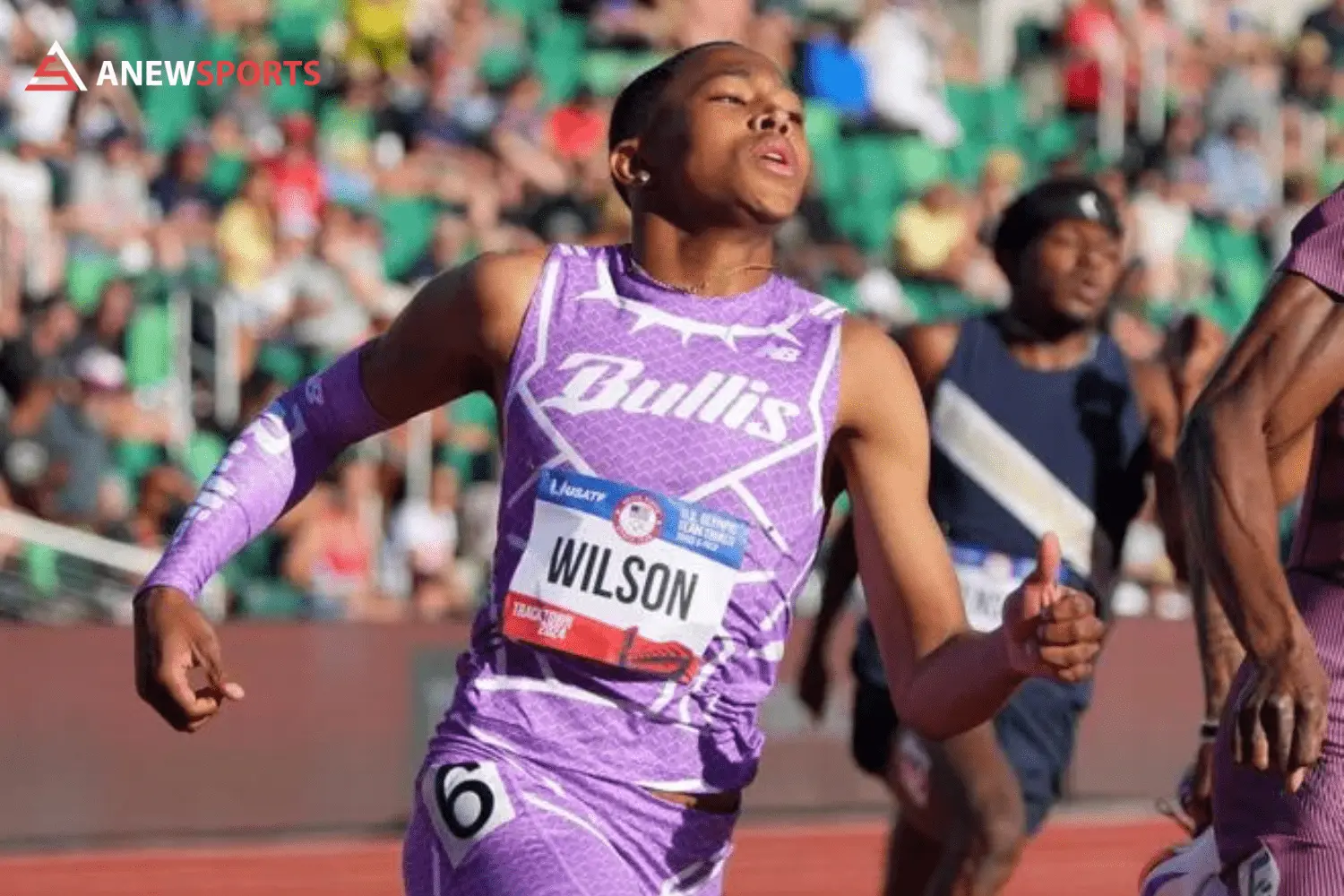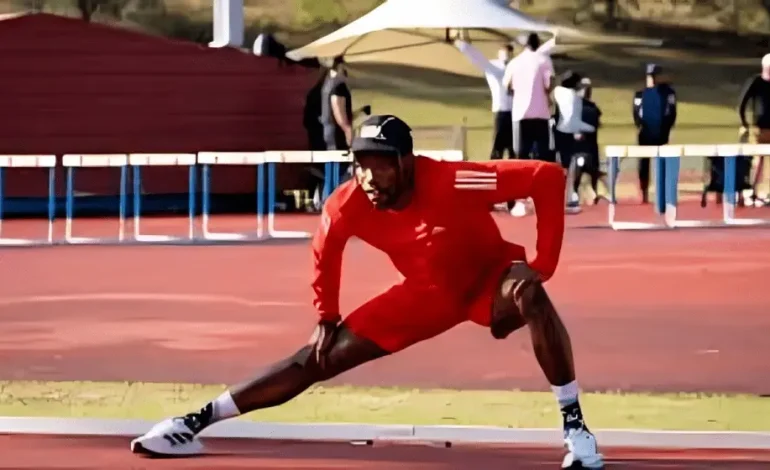
Age and Recovery: How Veteran Olympians Excel
As Olympians age and accumulate experience, their approach to recovery becomes a cornerstone of their continued success in competitive sports. Unlike younger athletes who may rely heavily on physical resilience, veterans understand that recovery is not just about recuperating between sessions but a strategic process that maximizes performance and longevity.
One of the key aspects that set veteran Olympians apart in terms of recovery is their deep understanding of their bodies. Years of training and competition have honed their ability to listen to subtle cues and adjust their recovery protocols accordingly. They are attuned to the specific needs of their muscles, joints, and overall physical condition, allowing them to tailor recovery strategies that are highly effective and efficient.
Moreover, veteran Olympians emphasize quality over quantity when it comes to recovery. Instead of pushing through exhaustive training regimes, they prioritize adequate rest, nutrition, and specialized treatments such as physiotherapy, massage, and recovery modalities like cryotherapy or hydrotherapy. These targeted approaches not only aid in physical recovery but also contribute to injury prevention and overall performance enhancement.
Nutritional optimization is another crucial aspect of recovery for veteran Olympians. They recognize the role of diet in supporting muscle repair, replenishing energy stores, and boosting immune function. Many veterans work closely with nutritionists to develop personalized meal plans that meet their specific dietary needs, ensuring they have the necessary fuel to sustain peak performance throughout their careers.
Additionally, veteran Olympians often integrate mental and emotional recovery into their routines. They understand the importance of managing stress, maintaining a positive mindset, and balancing the demands of training with personal life. Practices such as mindfulness, meditation, and visualization play a significant role in enhancing mental resilience and focus, contributing to their competitive edge.
The experience of veteran Olympians in managing recovery extends beyond physical and mental aspects to include strategic planning. They utilize periodization techniques to optimize training cycles, adjusting intensity and volume to peak at key competitions. This approach not only minimizes the risk of overtraining but also ensures they are consistently performing at their best when it matters most.
In conclusion, for veteran Olympians, age is not a barrier but a valuable asset in their approach to recovery. Through years of dedication, insight, and meticulous planning, they have mastered the art of balancing intensity with recuperation, setting a standard for younger athletes to aspire to. Their journey exemplifies how strategic recovery practices can sustain excellence and propel athletes towards enduring success on the Olympic stage.

